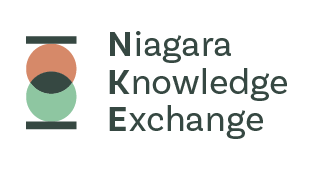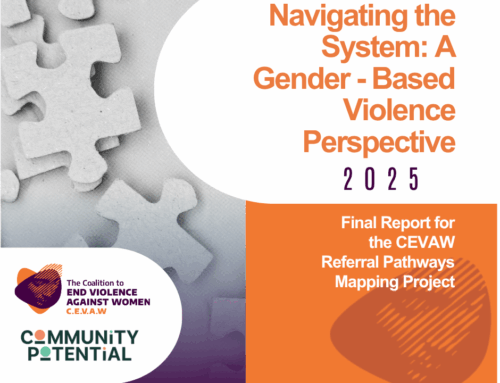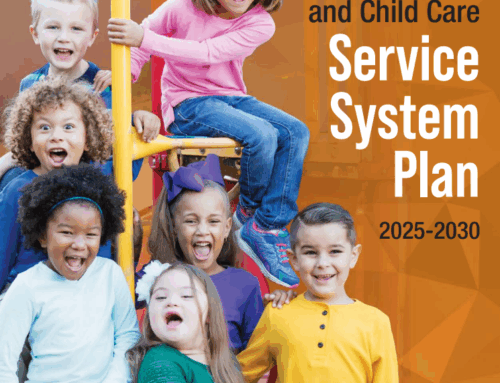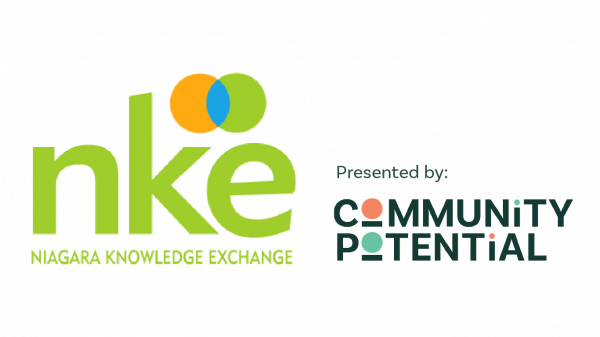Imagine experiencing so much pain from a dental infection you are unable to eat, or being so ashamed of how your teeth look, you never smile. Sadly this is a daily reality for far too many people in our communities.
The problem is largely about income. People simply do not have the means to pay for dental services. If I had a toothache, I would call my dentist and have the problem remedied, but for people on a low-income with little or no coverage, a small problem can often become an ongoing source of pain and ultimately, tooth loss.
As advocates for publicly-funded dental health services for low-income adults and seniors, Bridges Community Health Centre developed and administered a dental health survey in order to develop a more in-depth understanding of the dental health status of people living in poverty. We are bringing this information forward in our recently published Dental Health Report to leverage our advocacy work, which is ultimately focused on expanding publicly-funded dental health benefits for low-income adults and seniors.
According to our survey involving 564 adults residing in Fort Erie, Port Colborne and Wainfleet, only 1 in 5 respondents have private dental coverage. The rest have to pay out-of-pocket and for 70%, cost is a barrier. This would partly explain why 53% of respondents have not seen a dentist in the last year and over half rated their dental health as poor or fair. These same people are living with dental pain and/or missing, loose or broken teeth.
With no or limited access to a dentist, 2 out 10 respondents were forced to visit urgent care or an emergency room for treatment. In fact, in 2012, the Niagara Health System saw 1908 people visit the emergency room because of dental issues costing the system close to 1 million dollars. In 2011, 21,717 people in the HNHB LHIN went to see their doctor for an antibiotic to treat a dental infection or access short-term pain relief to help them deal with oral pain, but that’s where service ends. These visits, also largely preventable, cost the healthy care system a minimum of half a million dollars in OHIP billing. How ironic that a dental health issue will be treated once it causes an infection or a health problem, but no care will be offered to prevent current or future infections.
Dental health has a profound impact on people’s physical, psycho-social and economic well-being. 40% of our survey respondents said it had eroded their self-esteem and many felt a sense of hopelessness and despair about their dental health. Others talked about missed days at work and one person lost their job. It is sad to say, but missing teeth can often be a barrier to finding a job.
There are serious economic and social consequences associated with poor dental health, but for some reason our policy makers do not take into account the human and financial consequences of the mouth being excluded from our health care system.
Bridges CHC is advocating for publicly-funded investments in oral health for low-income individuals and seniors. As noted in the medical literature and supported by Bridges CHC, investments in the mouth will result in improved physical health, enhance quality of life and ultimately contribute to a stronger economy. Everyone deserves to smile.
Rhonda Barron
Health Promoter; Chair of Fort Erie Food Security Network
Bridges Community Health Centre





